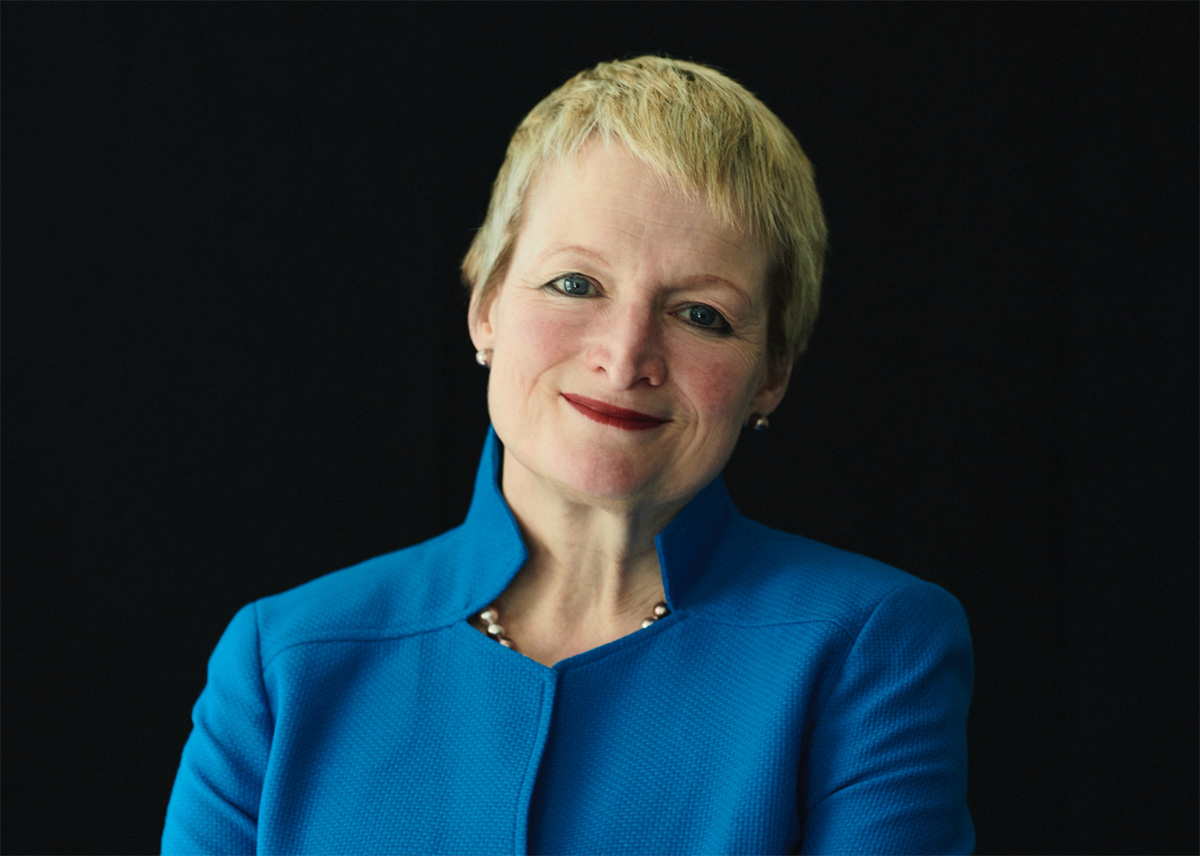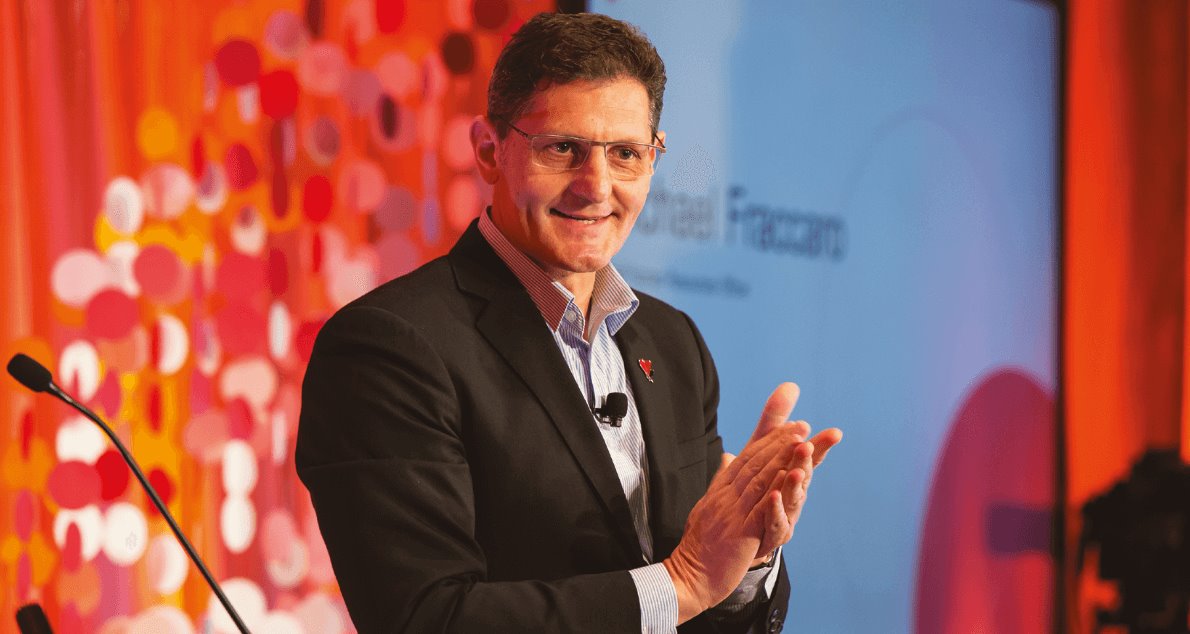Five questions to help you get closer to work you love, everyday.
From the perspective of individual leaders, there are two opposing currents shaping the nature and world of work. On the one hand, there is abundant opportunity to shape the work you do, as evidenced through the Great Resignation, the shift to hybrid working and shorter work weeks. On the other hand, there is a perceived threat to the marketability of current skill-sets, resulting from the relentless evolution of technology. Confronted by the ever-expanding automation and augmentation of today’s roles, and a backdrop of the rising cost of living, some people can be left feeling paralysed, questioning what they can really do to shape their work.
Whether you see the future as an opportunity or threat to the status quo, the call to action is clear: you must take greater personal responsibility for your career. Some leaders will find they need to reinvent themselves. But for many others, there is a path into the future that is based on small, meaningful steps that bring them closer to work they enjoy, and make better use of their strengths. For those unsure about how to take these first tangible steps, consider these five questions.
1 Why would people want to work with me again?
We are all too familiar with last-minute diary-crashing, and moving mindlessly from meeting to meeting. It can help to look at what it takes to get your job done today and explore how you can realistically do it in less time, through delegation or by dropping non-essential activities.
However, a more empowering stance is to look at your diary and reflect on which activities give you the opportunity to distinguish yourself. Which help you to build your reputation with others, and how are you preparing to do those activities well? If you are not sure, ask for feedback from people who you know are on your side – but don’t shy away from difficult conversations.
Identifying the activities that distinguish you matters since bosses often choose to work with someone again because of how they made them feel, not necessarily due to the quality of their work.
In The Rebel Billionaire, Sir Richard Branson describes firing some prospective candidates for the role of president of Virgin because they were unkind to an elderly taxi driver – who was in fact Branson himself, in disguise. In contrast, Sara Blakely, the now-billionaire founder of Spanx, forged a friendship with Branson that was in part influenced by the kindness with which she treated the taxi driver.
Branson was looking for a leader who would treat everyone with respect and empathy. It is a reminder that the actions and activities that build our reputation may be found in unexpected places.
2 What does a great day at work look like, and how can I make that happen?
For 33 years, Steve Jobs would look at himself in the mirror each morning and ask this question: If this was to be the last day of his life, would he be happy with what he was going to do?
This may seem gloomy, but it is a good example of distancing yourself from a situation to see the bigger picture, before zooming in and taking focused action. A similar question is: “If my 85-year-old self sat next to me on a park bench, what would they tell me they are proud of?”
Both questions can help us to clarify what matters most. We can then align our actions to our values, which helps us to live with greater integrity and authenticity.
3 Who is doing things that are interesting to me, and how can I connect with them?
When I made a shift to a completely new role, I set a simple goal for my first year: to have an introductory conversation with someone in my function every week – and one with someone outside my function. I ended up carrying this on for two years, as it allowed me to learn more about the business and its industry, and to be inspired by how people were contributing to a common objective. I have maintained relationships with some of these individuals ever since, with some becoming trusted advisors or even clients.
4 What helps me overcome and recover from difficult moments?
As we attempt to get closer to the work we love, it is important to be able to handle the challenges and setbacks we might encounter along the way. Psychologist James Pennebaker has shown that regular journaling for 15-20 minutes is particularly helpful for understanding upsetting, negative experiences, as it helps us create a narrative about what happened.
I often spend time on Sundays identifying one difficult moment from the week, alongside one thing I was proud of, and journaling for 15 minutes on each, exploring what enabled them to happen. The only intention during this time is to write, but often, a clear action emerges.
5 How can I light the fire?
Julia Cameron is the inventor of “the artist date”, a once-weekly, festive, solo expedition to explore something that interests you. Artist dates fire up the imagination and encourage play. The main rule in choosing an artist date is to allow yourself to try something that sounds fun. This can be part of your rest and recovery for the week, but it could also be the spark for the next phase of your career. There are countless individuals who have started businesses on the back of passion projects and personal interests.
The daily challenge of work tends to compel us to focus on what we do: the skills we apply, where we allocate our time, and who we spend time with. However, getting closer to a work day that works for you entails reflection on how that work gets done.
By triggering your curiosity, rethinking how others perceive you, making time for what interests you, and focusing on how you sustain energy during difficult times, you can get closer to the work you love, every day.




